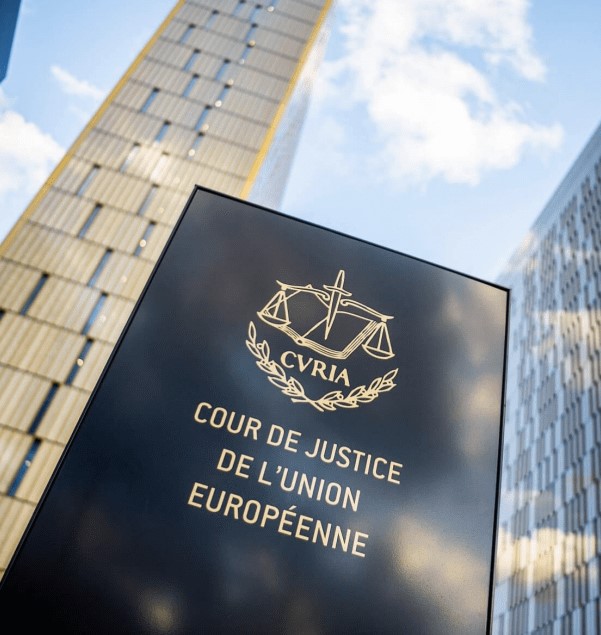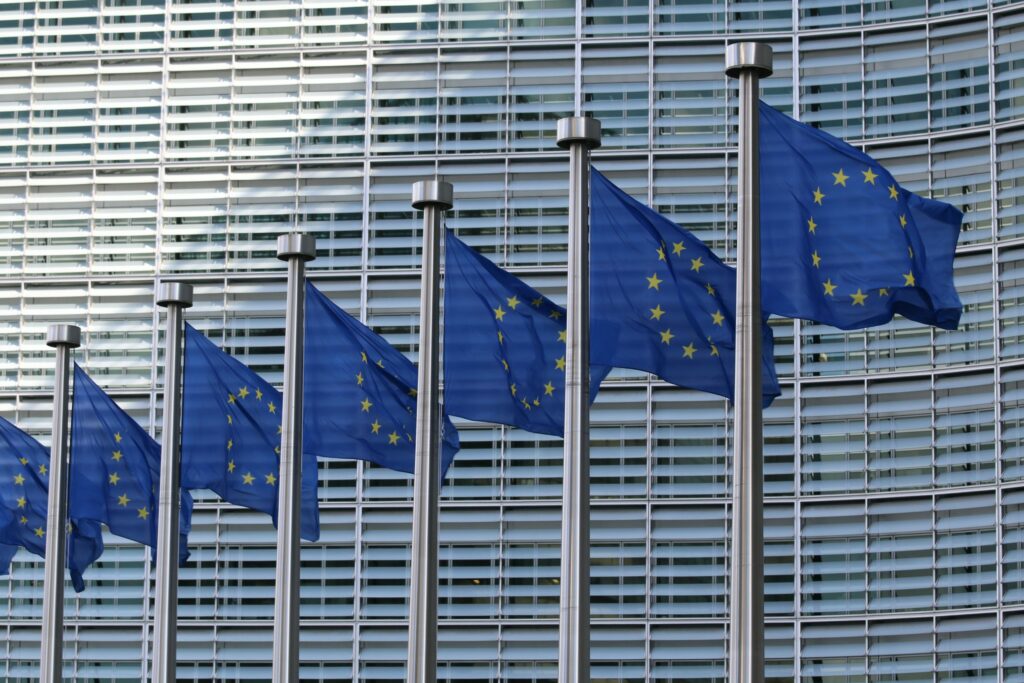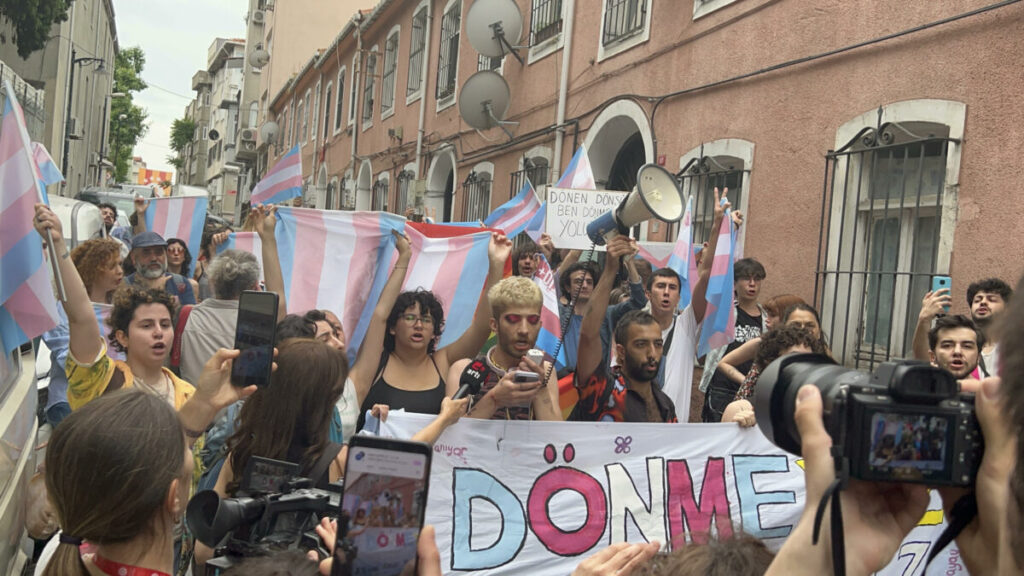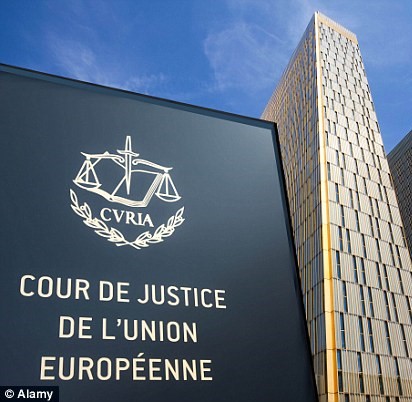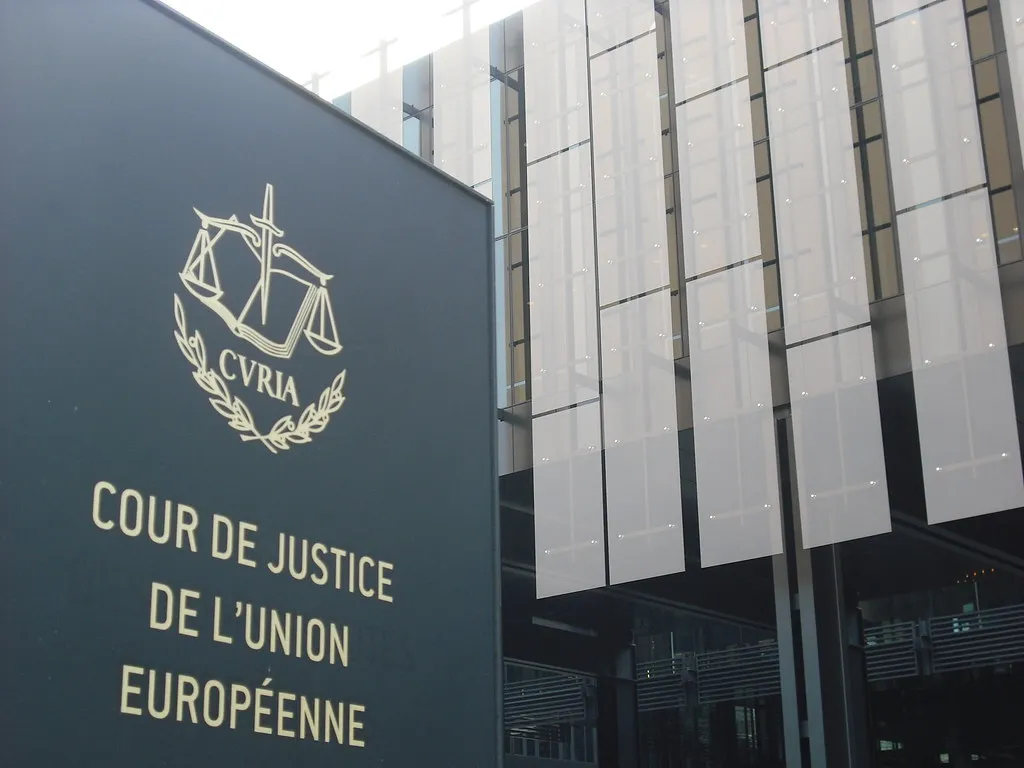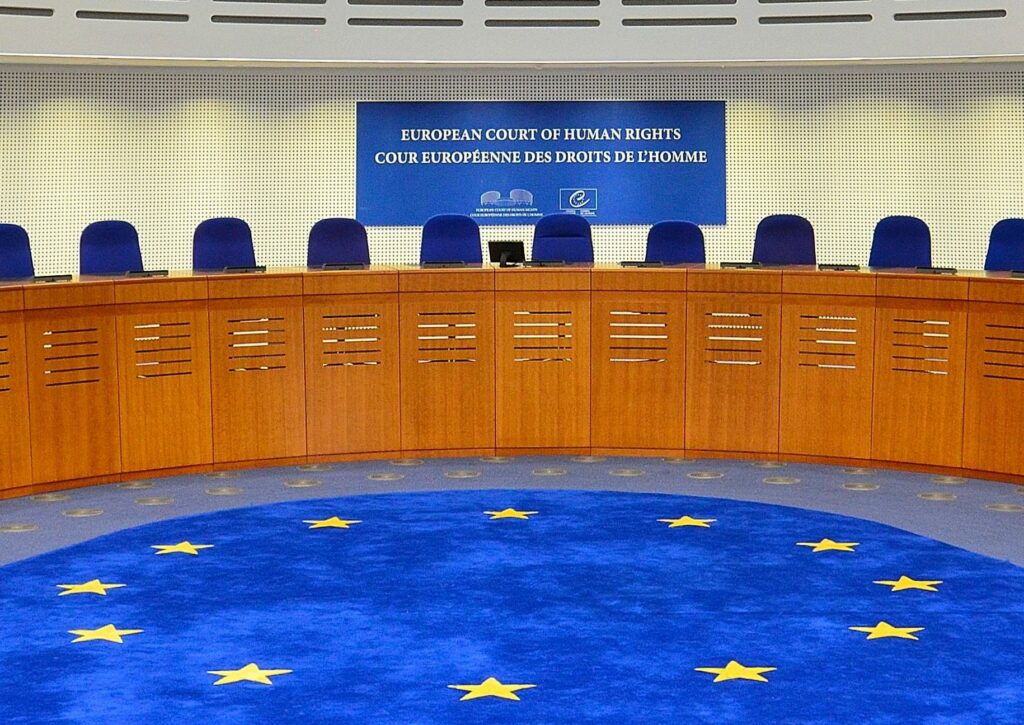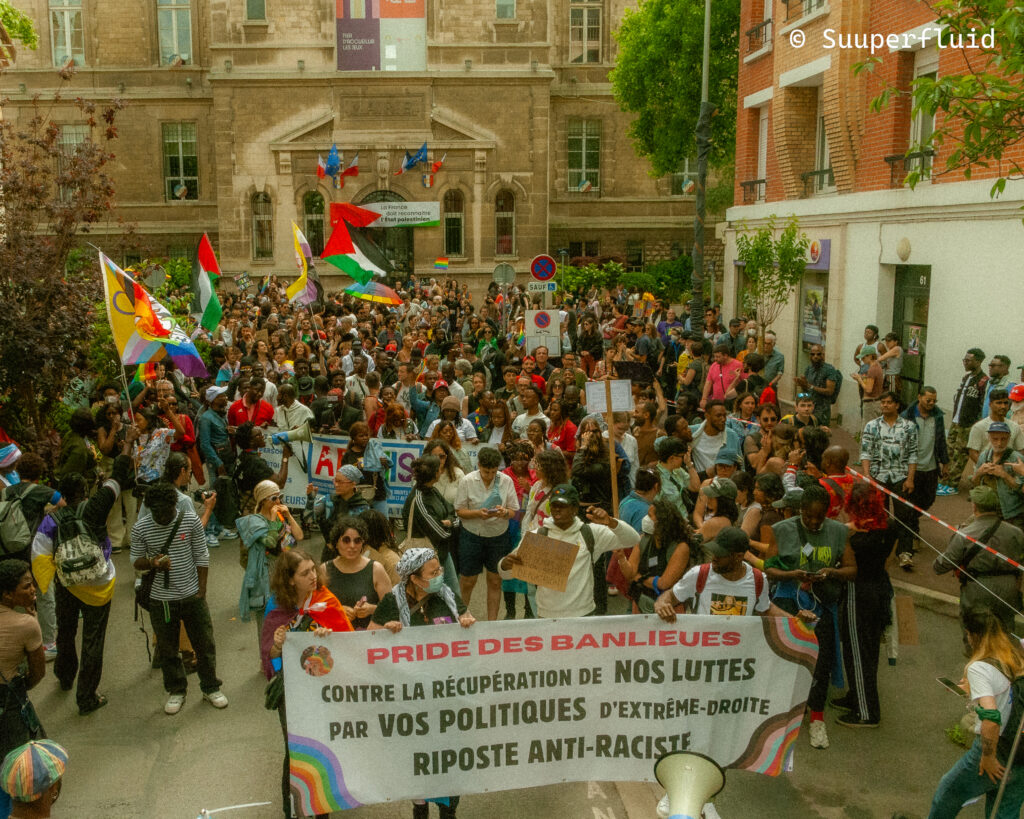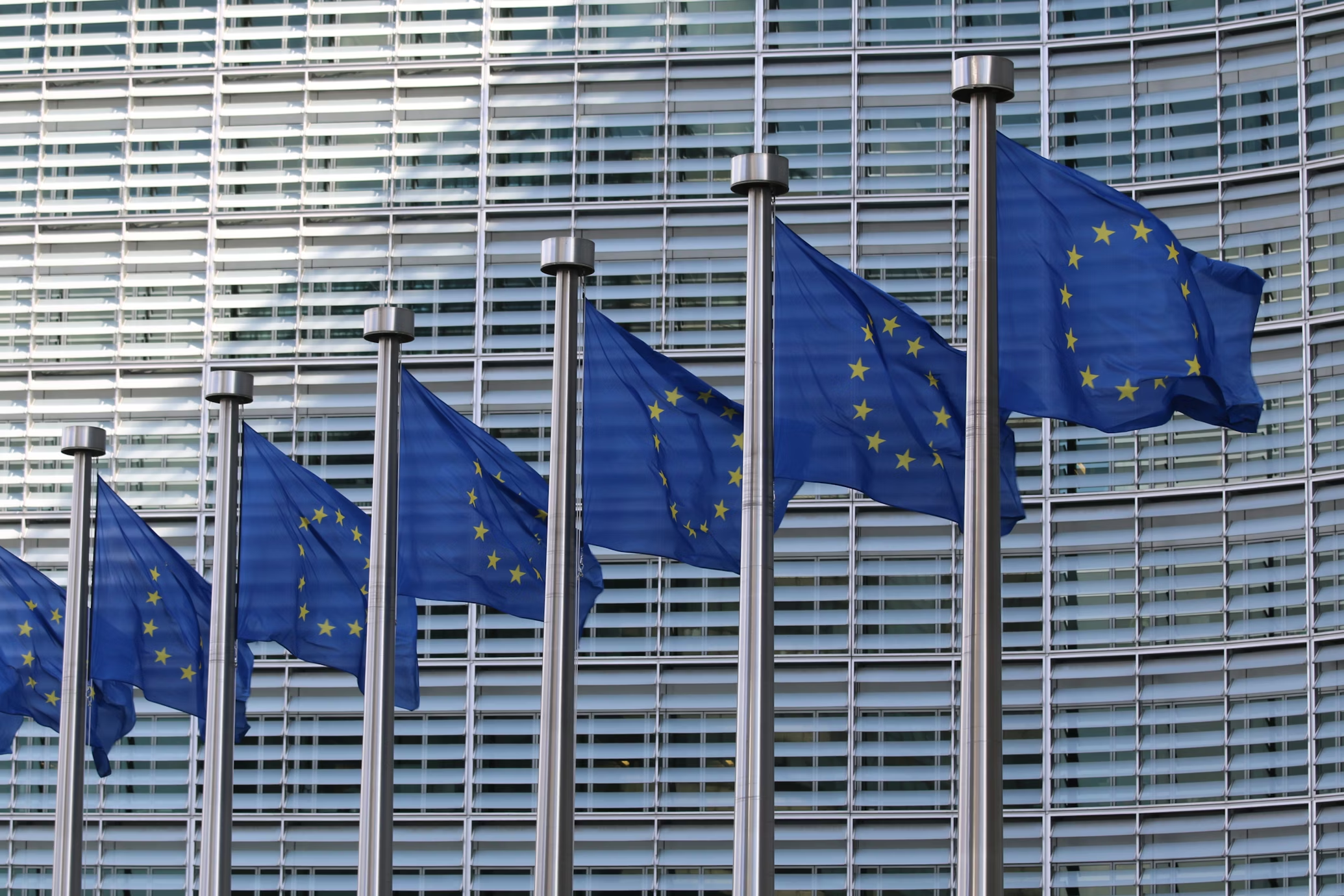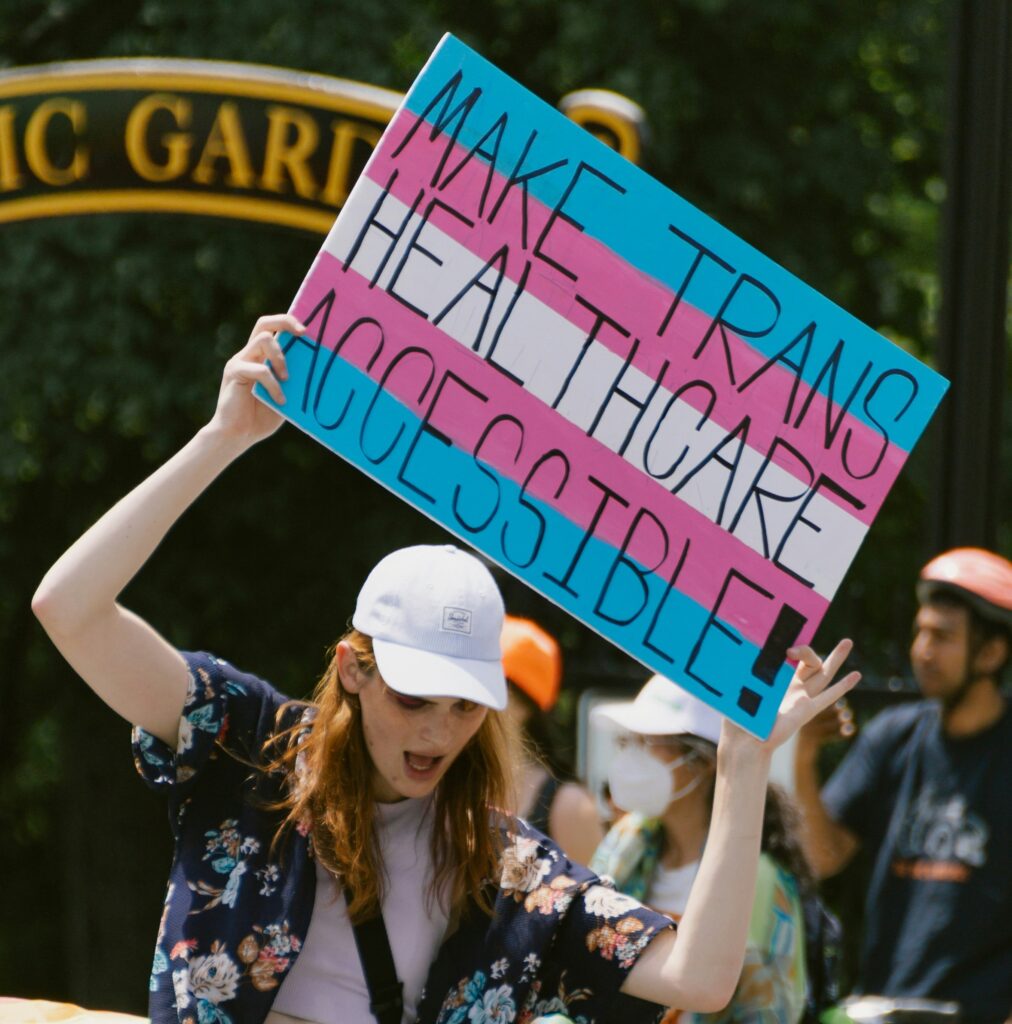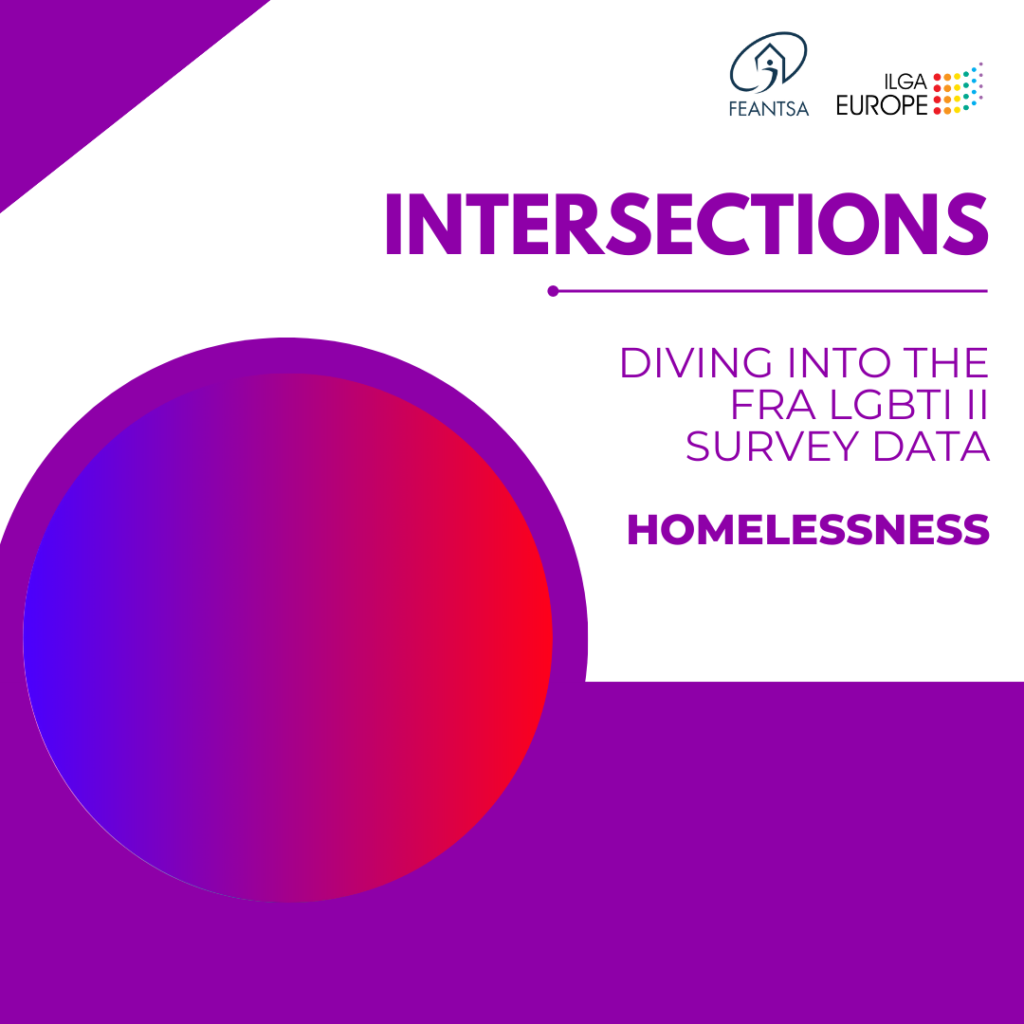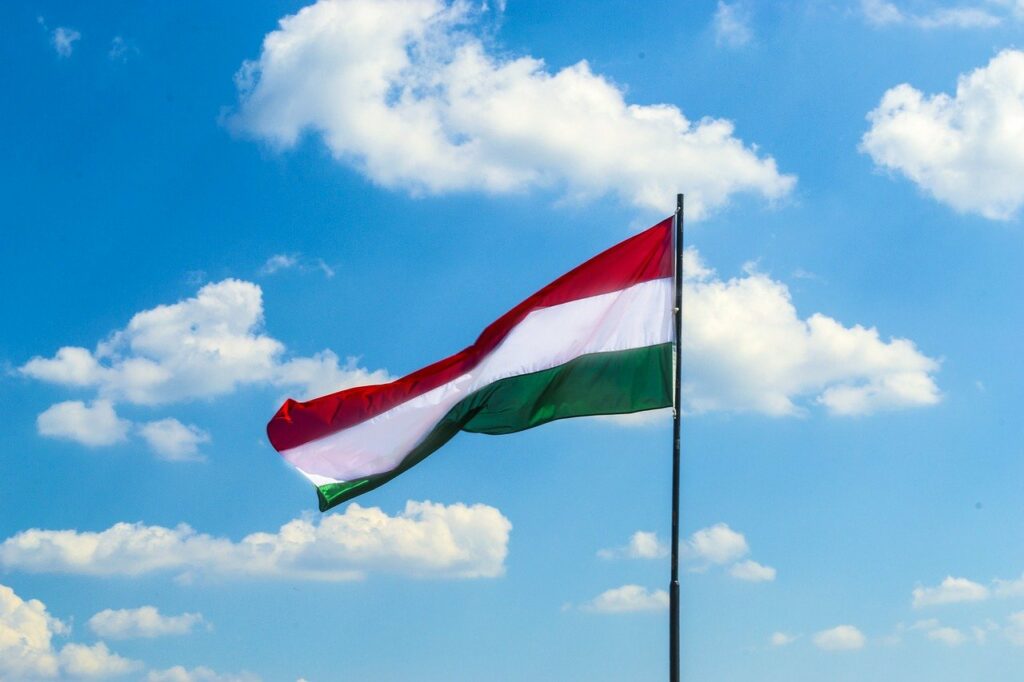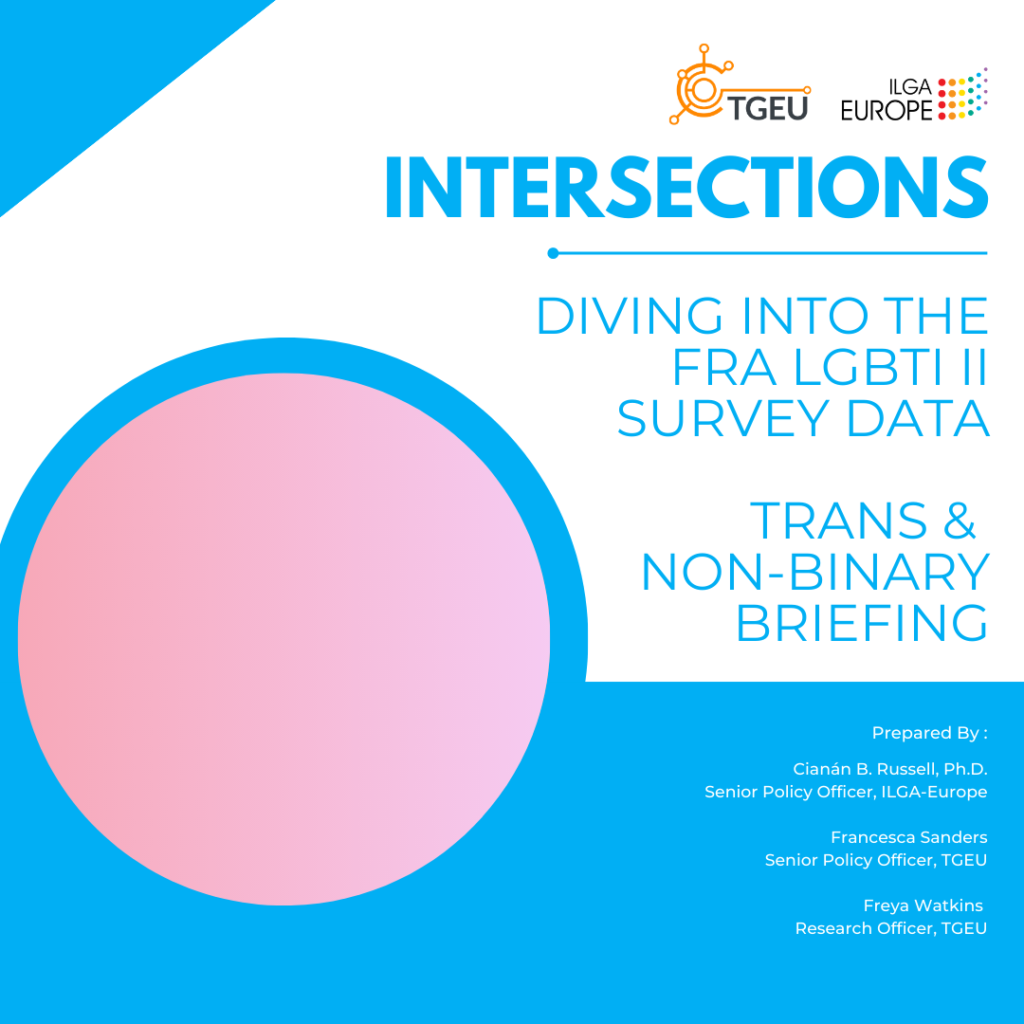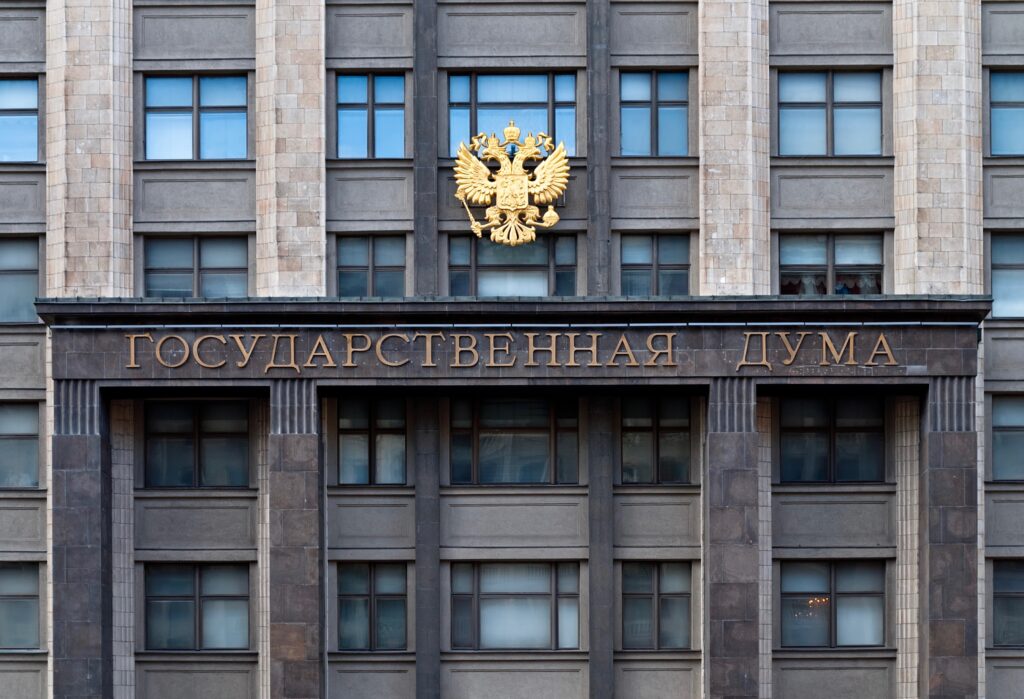Response to Hungarian Prime Minister Viktor Orbán regarding to Article 33 of the proposed Omnibus Bill, 2020

In response to Hungarian Prime Minister Viktor Orbán letter dated 5 May 2020, regarding to Article 33 of the proposed Omnibus Bill, 2020.
Dear Prime Minister Orbán,
Dear Deputy Secretary Schaller-Baross,
We write today to respond to your letter, dated 5 May 2020, to our organisations, of The European Region of the International Lesbian, Gay, Bisexual, Transgender and Intersex Association (ILGA-Europe), Organization Intersex International Europe (OII Europe), the regional umbrella organisation for intersex-led organisations in Europe, with members in more than 20 countries, and Transgender Europe (TGEU), in regards to Article 33 of the proposed omnibus bill of 2020, regarding reformulating the national registry to change the mutable category of “sex” to an immutable category of “sex at birth”.
As previously noted, we, along with our members in Hungary, strongly oppose the proposed amendment to the national registry, such that it will effectively make legal gender recognition for trans and intersex people impossible in Hungary, which contravenes EU and international human rights law and violates the well-established right to private and family life for trans and intersex Hungarians. Our previous letter, dated 24 April 2020, outlined the broad consensus among international human rights actors to this end.
We write today to address specific issues raised in your reply letter which are cause for concern. Firstly, we wish to address your reference to “a long-standing uncertainty in the interpretation of the law”. There is a clear understanding in European and international human rights law contexts that the mutable personal characteristic of “sex” is one that, so long as it is publicly recorded by States, should be possible to change to protect the human rights of trans and intersex people to private and family life, to health, to found a family and marry, and to recognition before the law.1 2 3 4 Legal gender recognition, the process by which one changes one’s sex marker in legal documents to reflect one’s gender identity, is clearly established in long-standing jurisprudence from the European Court of Human Rights,5 particularly when it comes to the fundamental right protected under Articles 8 and 12 of the European Convention of Human Rights.6 Replacing a mutable identity marker with an immutable one does not clarify an uncertainty in jurisprudence, but rather acts in direct contradiction of the Court to make legal gender recognition impossible, avoiding the State responsibility to protect and promote fundamental rights, in fact directly violating those fundamental rights. With this Article, Hungary will make protection of the fundamental human rights of its trans and intersex citizens impossible in practice and in law. Curtailment of fundamental rights cannot be the best available solution for addressing a legal “uncertainty”.
Additionally, in your reply letter, you assert that Article 33 of the omnibus bill in no way prevents individuals from “living according to his or her own identity and self-determination”. Unfortunately, this assertion is false. As is well-documented,7 8 access to legal gender recognition for trans and intersex people is intertwined with the protection of many of their human rights. Because the civil register is directly connected to all available identity documents in Hungary, this change not only fixes the sex marker in the registry, but in all other subordinate documents. This means in practice that trans and intersex people will be forced to live with documents that do not align with their gender identity and expression throughout their lifetimes, exposing them to increased discrimination, stigma, harassment, and violence, as well as to disparities in access to the rights to health, housing, education, employment, and to access goods and services without discrimination, as enshrined in the values of the European Union and the Council of Europe.
As ILGA-Europe, OII Europe and TGEU, we reaffirm our call on the Hungarian government to heed your responsibilities under the international human rights law framework, to engage in good faith reforms designed to protect the human rights of all Hungarian citizens including trans and intersex people, and thus to amend the omnibus bill to remove Article 33 prior to a vote in the full Parliament.
Kind regards,
Katrin Hugendubel
Advocacy Director, ILGA-Europe
1. e.g. Recommendation CM/Rec(2010)5 of the Committee of Ministers to member states on measures to combat discrimination on grounds of sexual orientation or gender identity, available from: https://search.coe.int/cm/Pages/result_details.aspx?ObjectID= 09000016805cf40a.
2. Parliamentary Assembly of the Council of Europe Resolution 2048 (2015), ‘Discrimination against trans people in Europe’.
3. Commissioner for Human Rights of the Council of Europe, Human Rights and Gender Identity (29 July 2009) CommDH/ IssuePaper(2009), available from: https://rm.coe.int/16806da753.
4. G v Australia, Communication No. 2172/2012 (CCPR/C/119/D/2172/2012) (UN HRC, 15 June 2017).
5. B v France [1993] 16 EHRR 1.
6. Goodwin v United Kingdom [2002] 35 EHRR 18.
7. Grant v United Kingdom [2006] ECHR 548.
8. Report of the Independent Expert on protection against violence and discrimination based on sexual orientation and gender identity (11 May 2018) UN Doc No. A/HRC/38/43.
What have happened?
– On 31 March, Trans Day of Visibility, the Hungarian government released a large bill consisting of many legislative proposals – one of these, Article 33, would make legal gender recognition impossible, massively curtailing the rights of trans and intersex citizens of Hungary.
– On 6 April, ILGA-Europe and TGEU released a statement calling on the Hungarian Parliament and the Parliament to drop Article 33 of a legislative omnibus bill.
– On 27 April, ILGA-Europe, OII-Europe, and TGEU sent a joint letter to Hungarian Prime Minister Viktor Orbán.- On 15 May, ILGA-Europe, OII-Europe, and TGEU sent a joint response to Hungarian Prime Minister Viktor Orbán’s letter.
– On 2 April, 22 Hungarian human rights and LGBT NGOs released a statement.
– On 2 April, the Council of Europe’s Commissioner for Human Rights shared a statement.
– On 14 April, the UN Independent Expert on protection against violence and discrimination based on sexual orientation and gender identity; the Special Rapporteur on the right of everyone to the enjoyment of the highest attainable standard of physical and mental health; the Special Rapporteur on the right to privacy and the Special Rapporteur on violence against women, its causes and consequences sent a letter to Hungarian government.
– On 20 April, the European Professional Association for Transgender Health (EPATH) and European Society for Sexual Medicine (ESSM), released a statement.
– On 15 April, 63 Members of the European Parliament sent a letter to Hungarian government.
– On 17 April, the Hungarian Psychological Association released a statement.
– On 17 April, the European Parliament passed a resolution.
– On 17 April, the UN High Commissioner on Human Rights referred explicitly to the bill as bad practice.- Transvanilla Association and All Out has collected over 24,000 signatures for a petition against the Article 33.
– You can SUPPORT the #Drop 33 campaign on Twitter, Instagram, or TikTok.- A vote in Parliament is expected on 19 May.


